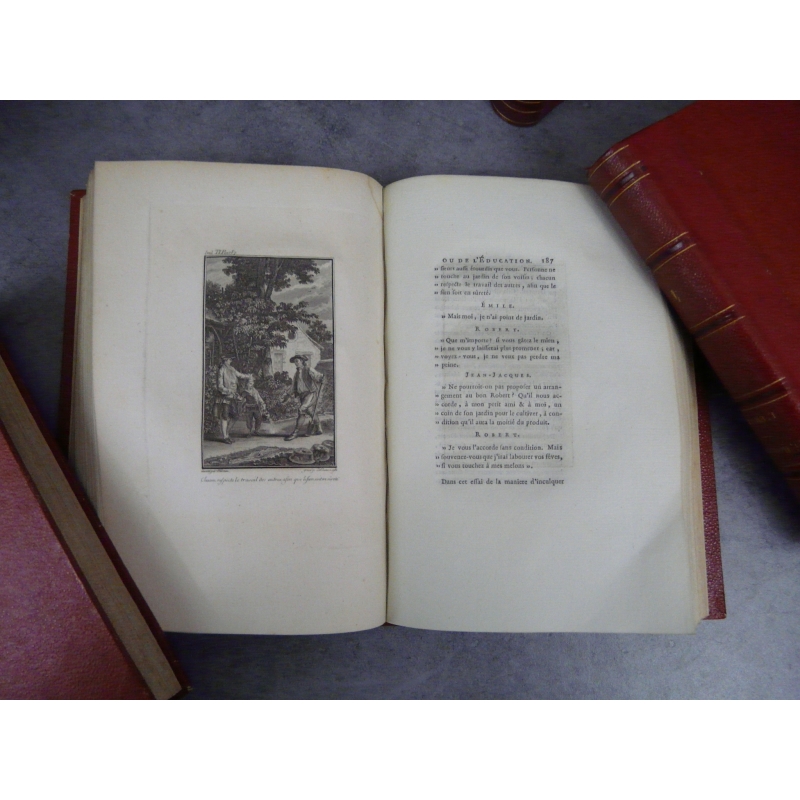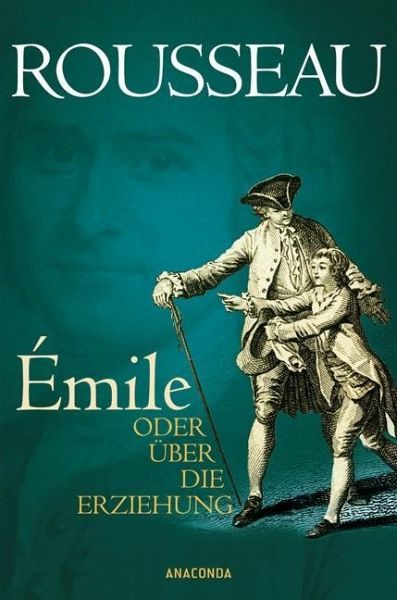

Roberts, ``The Grandeur and Misery of Man,'' which was published in 1955 by Oxford University Press. Shorey's apparently never gives up.''Īt Shorey's Bookstore on May 21, 1971, Turner ordered an out-of-print book by David E. ``I was not just pleased to have the book found, but stunned by the fact that it took nineteen years to find it. (Summary by Soupy)įor further information, including links to online text, reader information, RSS feeds, CD cover or other formats (if available), please go to the LibriVox catalog page for this recording.įor more free audio books or to become a volunteer reader, visit .``How is this for doggedness?'' an amazed North Seattle woman, Alma Turner, recently wrote The Times. This reading is from Barbara Foxley's 1912 translation from. Tho' nature points out the time when youth emerges from infancy this period may be either accelerated or retarded by education." It was originally translated into English as early as 1768. At the age of puberty commences the second birth, when he is truly born to live, and enters into full possession of the powers of human nature. "Rousseau says man is born twice, first to exist, then to live once to a species and again with regard to sex. The book was reviewed in The Monthly Review 1763 printed by Ralph Griffiths. Then he created an imaginary mate for Emile named Sophy. As tutor, he was careful to keep the passions in check while developing the mind. Rousseau created an imaginary child named Emile and became his tutor. This was due to the Fourth Book, Confessions of a Savoyard Priest.

The Archbishop of Paris, Christophe de Beaumont (1703-1781), saw in it a dangerous, mischievous work, and gave himself the trouble of writing a long encyclical letter in order to point out the book to the reprobation of the faithful. Some of his biographers relate the story that when the Academy of Dijon, in 1749, offered a prize for an essay on the question whether the progress of the arts and sciences has tended to the purification of morals and manners, he followed the suggestion of Diderot, who reminded him of the greater notoriety which he could gain by advocating the negative side. The significance of Rousseau in education as well as in politics must be found in his revolutionary attitude toward established institutions.

Read in English by Anne Gnomesb Craig CampbellĮmile, or On Education or Émile, or Treatise on Education (French: Émile, ou De l’éducation) was published in 1762 in French and German and in 1763 in English. LibriVox recording of Èmile by Jean-Jacques Rousseau.


 0 kommentar(er)
0 kommentar(er)
